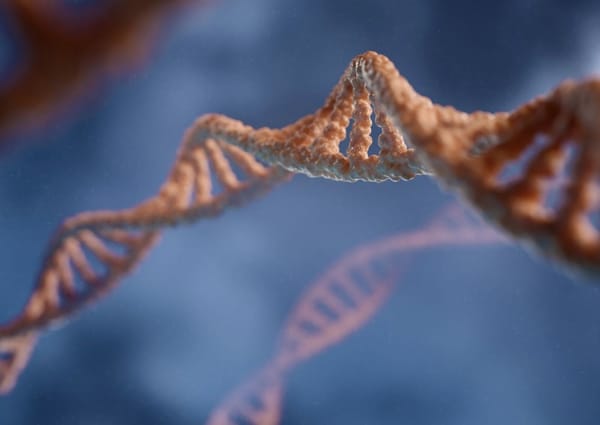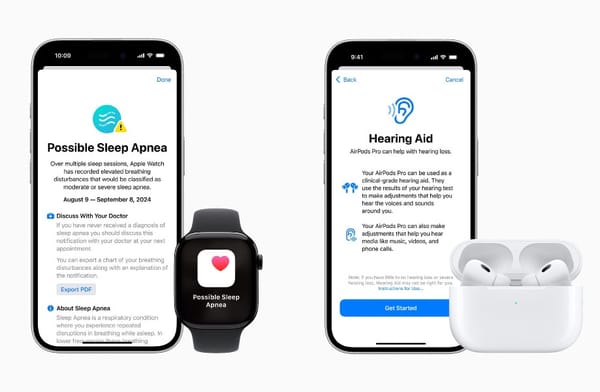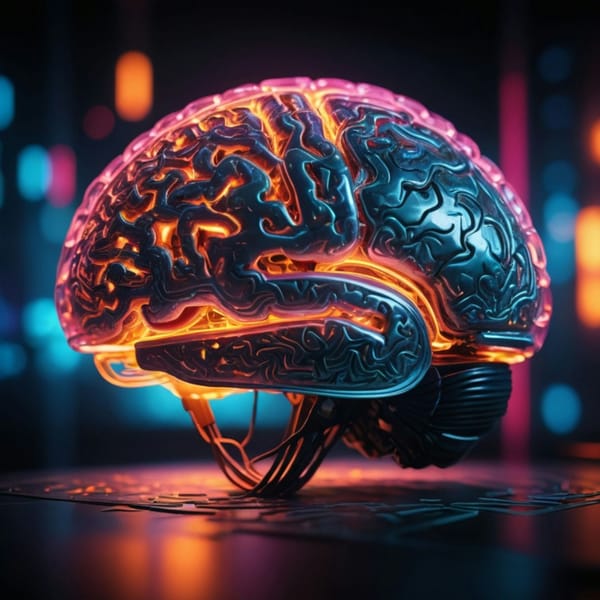Precision aging is revolutionizing how we approach longevity, offering personalized strategies based on your unique biological age. This article explores cutting-edge techniques to optimize your healthspan and potentially extend your lifespan.
Key Takeaways:
- Biological age, not chronological age, is the true measure of your health
- Epigenetic clocks can accurately assess your biological age
- Personalized interventions targeting diet, exercise, and lifestyle can slow aging
- Emerging therapies like senolytics show promise in reversing biological age
- Regular monitoring and adjusting your anti-aging strategy is crucial for success
In the quest for a longer, healthier life, scientists have made a groundbreaking discovery: your chronological age may not accurately reflect your body's true biological age. This revelation has given rise to the field of precision aging, where personalized strategies are developed based on an individual's unique biological markers rather than the number of candles on their birthday cake[1].
Understanding Biological Age
Biological age is a measure of how well your body is functioning compared to the average person of your chronological age. It takes into account various factors such as cellular health, organ function, and genetic markers. Unlike chronological age, which steadily increases year by year, biological age can be influenced by lifestyle choices and targeted interventions[3].
Measuring Your True Age
One of the most exciting developments in precision aging is the advent of epigenetic clocks. These sophisticated tools analyze patterns of DNA methylation – chemical modifications to your genetic code that change with age – to determine your biological age with remarkable accuracy[3].
Dr. Steve Horvath, a pioneer in this field, explains, "Epigenetic clocks can predict an individual's lifespan and healthspan with greater precision than traditional risk factors"[3]. This breakthrough allows researchers and clinicians to assess the effectiveness of anti-aging interventions in real-time, rather than waiting years to see results.
Personalized Interventions
Armed with knowledge of your true biological age, it's possible to develop a tailored strategy to slow down or even reverse the aging process. Here are some key areas where personalization can make a significant impact:
Diet and Nutrition
Your genetic makeup and current health status play a crucial role in determining the optimal diet for longevity. While general guidelines like consuming plenty of vegetables and limiting processed foods apply to most people, precision aging takes this a step further[6].
For example, some individuals may benefit from intermittent fasting, which has been shown to reduce markers of inflammation and improve insulin sensitivity. Others might need to focus on specific nutrients like omega-3 fatty acids or antioxidants based on their unique needs[6].
Exercise Regimen
Physical activity is a cornerstone of healthy aging, but the type and intensity of exercise that's most beneficial can vary widely between individuals. Factors such as muscle fiber composition, cardiovascular health, and joint condition all play a role in determining the ideal exercise program[4].
Dr. Douglas Vaughan, director of the Longevity Institute at Northwestern University, emphasizes the importance of tailored exercise plans: "We're finding that personalized exercise prescriptions based on an individual's biological age and fitness level can lead to more significant improvements in healthspan"[4].
Stress Management and Sleep
Chronic stress and poor sleep quality are major contributors to accelerated aging. Precision aging strategies often include personalized stress reduction techniques and sleep optimization plans based on an individual's cortisol levels, sleep patterns, and genetic predispositions[1].
Emerging Therapies
As the field of longevity research advances, new therapies are emerging that show promise in directly targeting the biological mechanisms of aging:
Senolytics
These drugs selectively eliminate senescent cells – dysfunctional cells that accumulate with age and contribute to inflammation and tissue damage. Early studies in mice have shown that senolytics can extend lifespan and improve various markers of health[3].
NAD+ Boosters
Nicotinamide adenine dinucleotide (NAD+) is a crucial molecule for cellular energy production and DNA repair. Levels of NAD+ decline with age, and supplements designed to boost NAD+ are being investigated for their potential to slow aging[1].
Precision Supplements
Based on your genetic profile and current biomarkers, a personalized supplement regimen can be developed to address specific deficiencies and support optimal cellular function[6].
Monitoring and Adjusting
A key aspect of precision aging is regular monitoring and adjustment of your anti-aging strategy. Dr. Morgan Levine of Altos Labs emphasizes, "Aging is a dynamic process. What works for you today may need to be adjusted as your biology changes over time"[3].
Many longevity clinics now offer comprehensive health assessments that combine advanced biomarker testing with cutting-edge imaging techniques to provide a holistic view of your aging process. These assessments can help identify early signs of age-related decline and guide interventions before serious health issues develop[4].
The Future of Aging
As research in precision aging continues to advance, we can expect even more sophisticated tools and interventions to become available. Dr. Jay Olshansky, a longevity expert at the University of Illinois at Chicago, predicts, "In the coming decades, we'll likely see a shift from treating individual diseases to targeting the fundamental processes of aging itself"[3].
While the quest for dramatic life extension remains a long-term goal, current precision aging strategies offer the potential to significantly improve healthspan – the number of years lived in good health. By understanding and addressing your unique biological age, you can take proactive steps to optimize your health and potentially add years of vitality to your life.
Remember, the goal isn't just to live longer, but to live better. Precision aging offers a roadmap to do just that, tailored specifically to you.
Citations:
[1] https://www.sanatorium.health/about
[2] https://www.sanatorium.health/longevity-and-healthy-aging
[4] https://www.scientificamerican.com/article/ways-to-extend-your-healthy-years-not-just-your-life/
[5] https://www.sanatorium.health/ai-revolution-in-longevity-the-key-to-extended-human-lifespan
[6] https://www.insidetracker.com/a/articles/ways-to-biohack-your-healthspan-and-improve-longevity













Member discussion